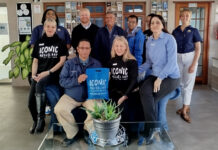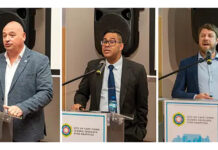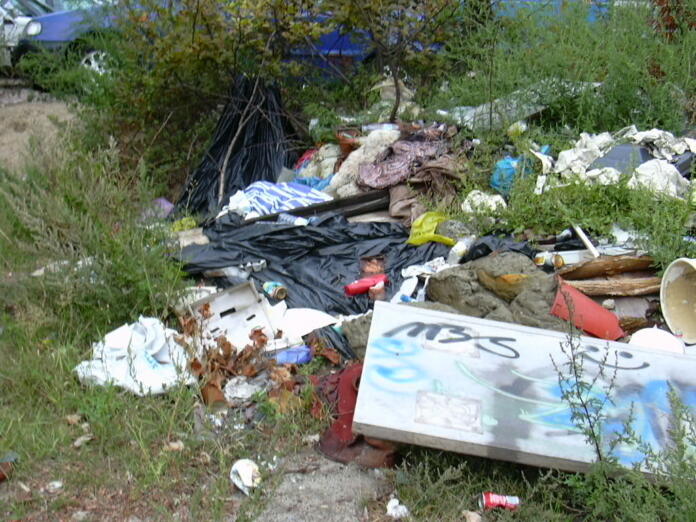SOUTH Africa generates 122 million tons of waste per annum. This equates to roughly R25.2 billion worth of excess waste being generated, 90% of which ends up in over-capacitated landfill sites leaving only 10% of this waste being recycled back into the economy. However, all is not lost – the future of South Africa’s waste sector is ripe with potential!
If you consider the waste regulatory framework and the various strategies and commitments South Africa has made to divert waste from landfill disposal and manage it more effectively, there is no doubt that more sustainable developments to better manage these challenges, are needed. In fact, we need to relook at what recycling typically means and how recycling in its traditional form needs to be reconsidered and elevated to meet the waste demands in the country. Waste management forms a critical role in providing solutions that address both traditional business models and recycling practices. The answer? Circular economy thinking… and action!
The zero waste to landfill goal by 2030 is certainly an ambitious one. It looks at diverting 90% of waste from landfills using a ‘whole system’ through recycling, reuse, recovery, beneficiation technologies, and towards value-adding opportunities which has the potential to create numerous environmental, social, and economic opportunities for South Africa. If a zero-waste sustainable country is to be achieved, then waste needs to be designed out of the system from the onset and any remaining waste needs to be managed effectively, proactively and through supporting infrastructure to ensure it is useful to drive the new normal in waste management.
Projects such as waste to energy solutions where waste is converted into an alternative energy to negate reliance on fossil fuels, or waste water management to reduce the burden on this scarce resource and improve quality water accessibility, present not only an environmental solution but, in many cases, an economic one aligned to government challenges and priorities.
Creating awareness for consumers and corporate SA
As more consumers begin to adopt the ‘nothing wasted’ mindset and are concerned about product sustainability, many businesses are now pushing industries to innovate and effectively repurpose waste – not merely into something that is useful, but which also enables cost saving opportunities for those organisations. We are seeing a strong drive of this reformative, restorative, and regenerative system.
Legislation
The South African government continues to make commitments to redirect waste from landfills and in support of this, new laws have been legislated and regulations are being rolled out – all aimed at cleaning-up South Africa and reducing the negative environmental as well as health impacts caused by waste. For example, the New Extended Producer Responsibility (EPR) is being implemented, where producers of particular products that ultimately produce waste, are required to take responsibility for these products after consumer use. This ensures that from the inception of production, producers are already considering the impact of the waste generated from their products, taking into account the potential to reuse, recycle and recover the “waste” and find alternative measures to change the way in which these products are managed throughout their life cycle.















